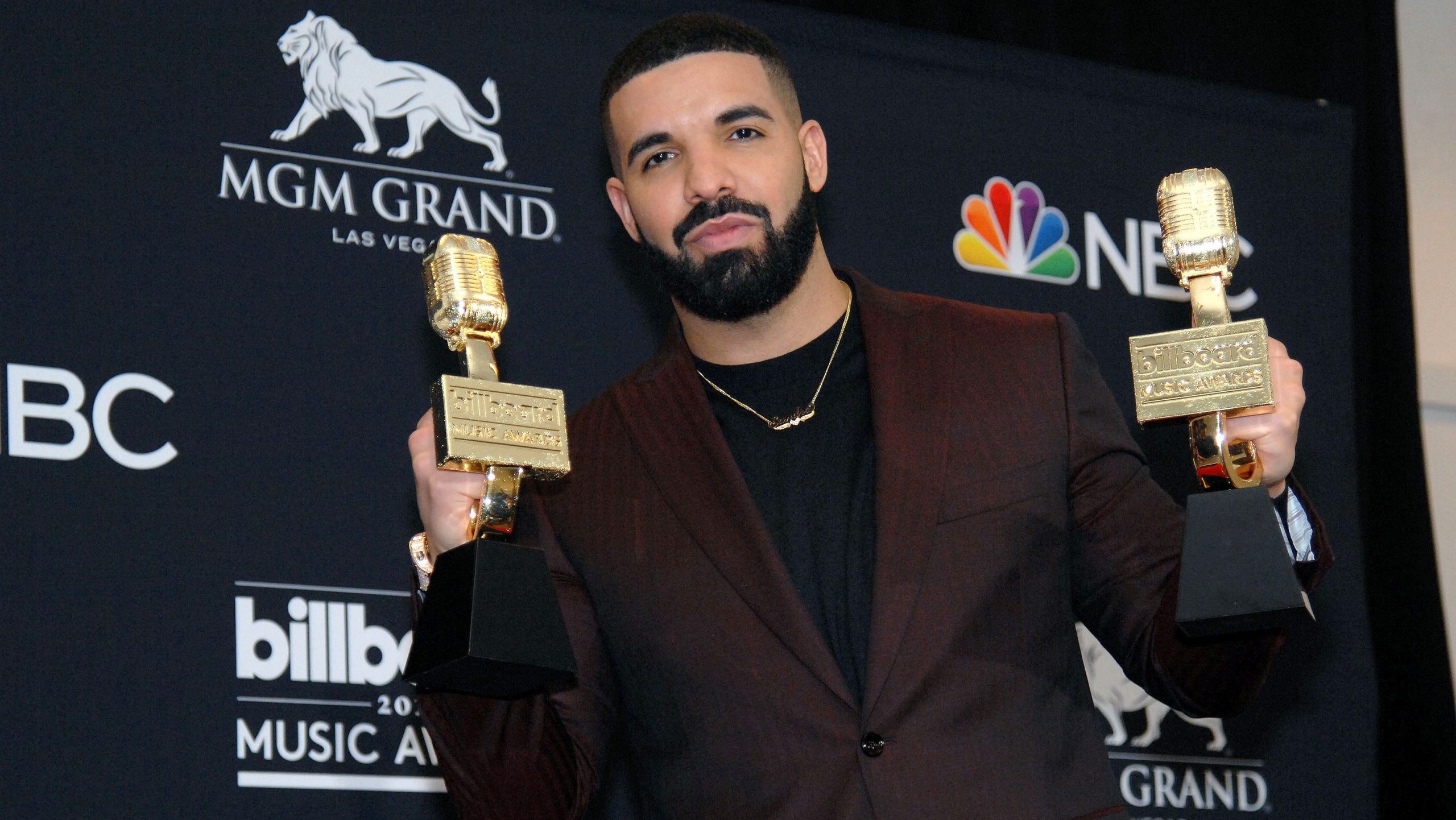
What You Need to Know About the Drake Leak Phenomenon
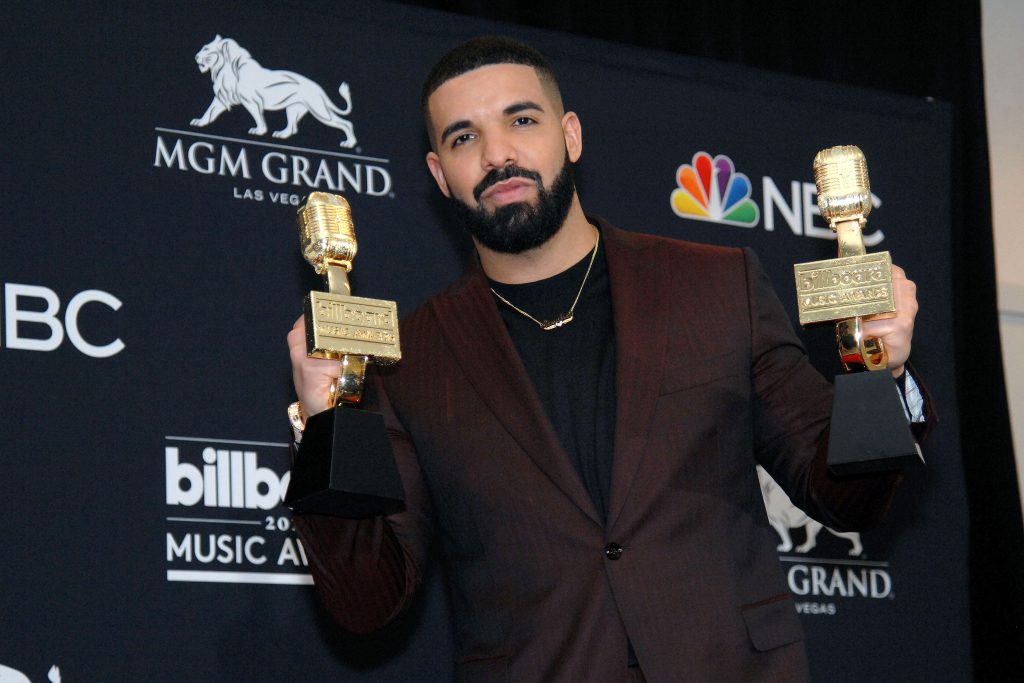
Drake leak incidents have become a recurring theme in celebrity culture, ranging from unreleased music tracks to personal content that goes viral across social media platforms. Here’s what the term typically refers to:
Music Leaks:
- Unreleased songs and demos that surface online before official release
- Led to projects like Dark Lane Demo Tapes in 2020
- Often includes collaborations with artists like Beyoncé and Tinashe
Personal Content Leaks:
- NSFW videos that trend on Twitter and other platforms
- Generate massive social media buzz and speculation
- Raise questions about celebrity privacy and digital security
Common Platforms:
- Social media sites like X (formerly Twitter)
- Music platforms and forums
- Reddit discussions and fan communities
The Drake leak phenomenon reveals how quickly unverified content spreads in our digital age. From his prolific recording sessions that produce countless unreleased tracks to personal videos that spark global conversations, these incidents highlight the complex relationship between celebrity, privacy, and public fascination.
Research shows Drake has experienced multiple leak incidents, with hackers forcing him to release three tracks just last year. The pattern suggests either security vulnerabilities or, as some speculate, strategic marketing moves to gauge fan response.
As R. Couri Hay, I’ve witnessed how celebrity leaks unfold in New York City’s media landscape, where a morning rumor becomes an afternoon headline. My decades covering high-profile personalities have shown me that every Drake leak incident follows predictable patterns of viral spread and damage control.
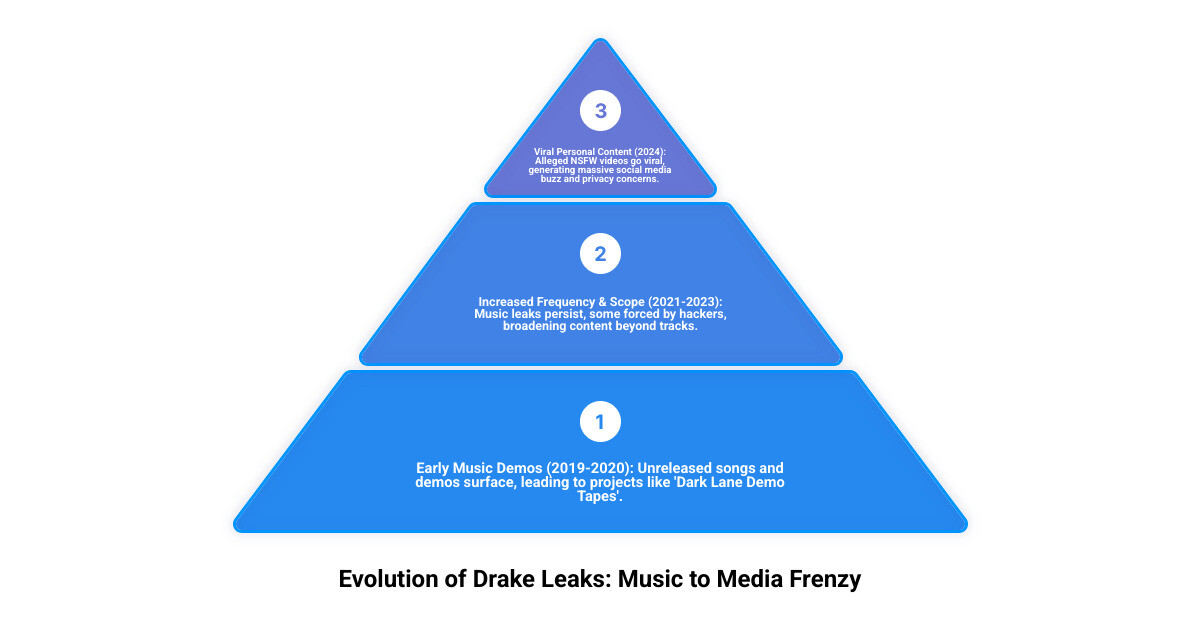
Drake leak terms to learn:
The Evolution of the Drake Leak: From Music to Media Frenzy
When most of us first heard about a Drake leak, we were thinking about music. And honestly, that made perfect sense. Drake has always been incredibly prolific in the studio, creating way more tracks than could ever fit on a single album. Sometimes these musical gems would slip out into the wild, and fans would go absolutely crazy for them.
The period around 2019-2020 was particularly wild for Drake leak incidents. So many unreleased tracks surfaced online that Drake basically said, “You know what? Let’s just make this official.” That’s how we got Dark Lane Demo Tapes – essentially turning a headache into a hit compilation.
Some of these leaks have fascinating backstories. 2017 demo for “Heated”? It leaked online, but Drake later gave the song to Beyoncé for her Renaissance Act I album. More recently, tracks like “Can I” featuring Beyoncé and “On A Wave” featuring Tinashe found their way onto the internet before any official announcement.
Just last year, hackers actually forced Drake’s hand, and he had to officially release three tracks that had been compromised. It’s become such a recurring pattern that you almost wonder if it’s part of the game plan.
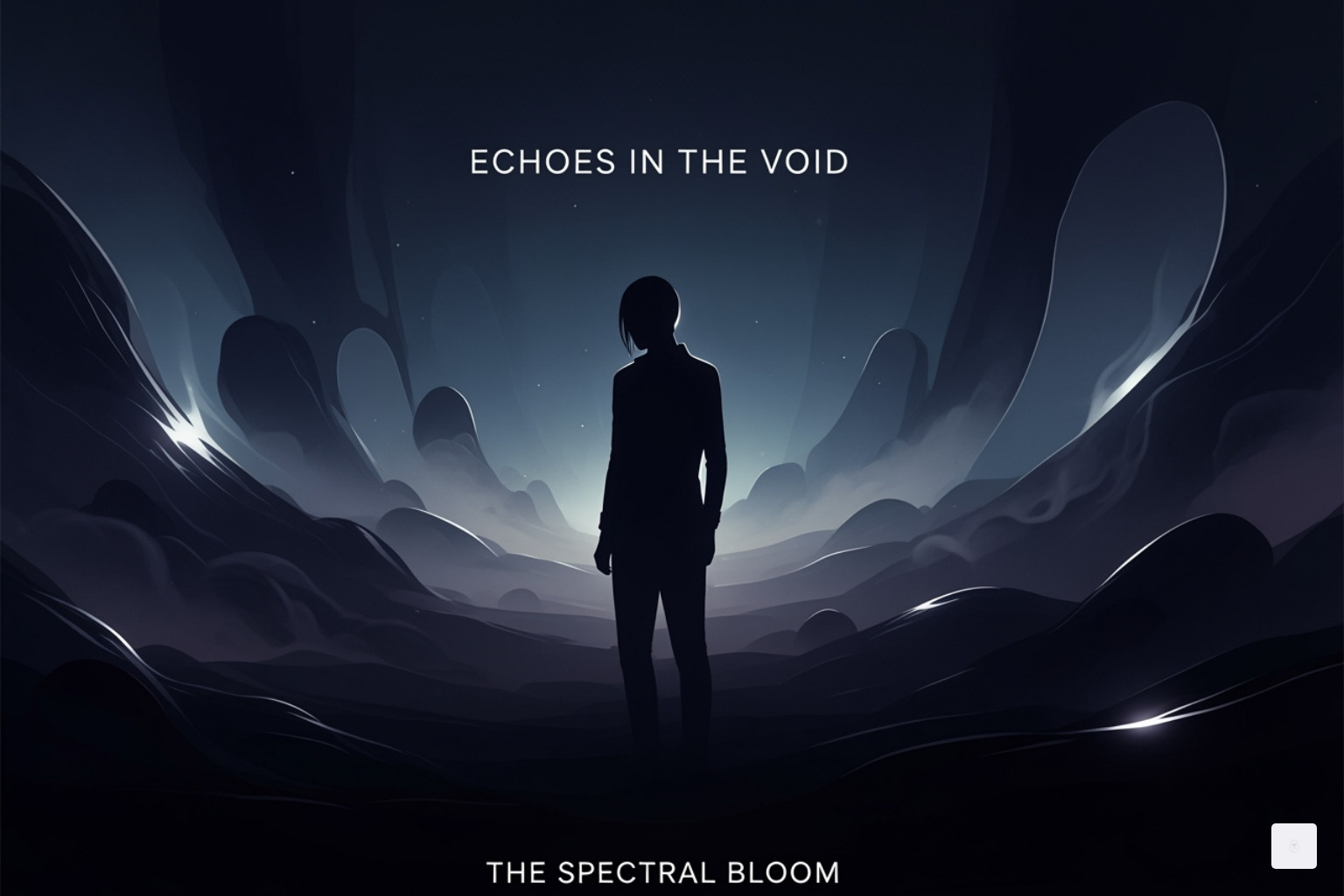
Understanding the Impact of a Music-Related Drake Leak
Music leaks are honestly a double-edged sword. On one hand, they can work like beta testing – artists get to see how fans react to new sounds without committing to a full release. Many fans actually love these raw, unpolished glimpses into their favorite artist’s creative process.
When a Drake leak hits platforms like SoundCloud or spreads through online forums, the fan reaction is usually immediate and intense. These unreleased tracks can generate massive buzz and give listeners that special feeling of being “in the know.”
But here’s the flip side – leaks can seriously mess with an artist’s carefully planned rollout. Album sales might suffer, chart performance can be affected, and sometimes entire projects get scrapped if too much material surfaces early. All that meticulous planning, from mastering to marketing campaigns, can go out the window.
For artists working out of major music hubs like New York City, protecting intellectual property has become a constant battle. The music industry has had to invest heavily in cybersecurity and access controls just to keep unreleased material under wraps.
The Shift to Personal Leaks and Media Spectacle
Then 2024 happened, and suddenly Drake leak took on a completely different meaning. Instead of unreleased music, we were dealing with rumors of an alleged NSFW video that sent social media into an absolute frenzy.
This wasn’t just about creative content anymore – this was deeply personal. The alleged video sparked a massive social media storm, with Drake trending alongside major world events. Unlike music leaks, which at least involve artistic work, personal leaks cross into territory that feels much more invasive.
What made this incident even more complex was the question of deepfake technology. Nobody could definitively say whether the content was real or AI-generated, which highlighted a scary new reality for celebrities. We’ve seen similar controversies with other major stars, and it’s becoming clear that the line between authentic and fabricated content is getting blurrier every day.
The whole situation reminded those of us covering celebrity culture here in New York City just how quickly private moments can become public spectacles. One minute everything’s normal, the next minute the entire internet is talking about something that may not even be real.
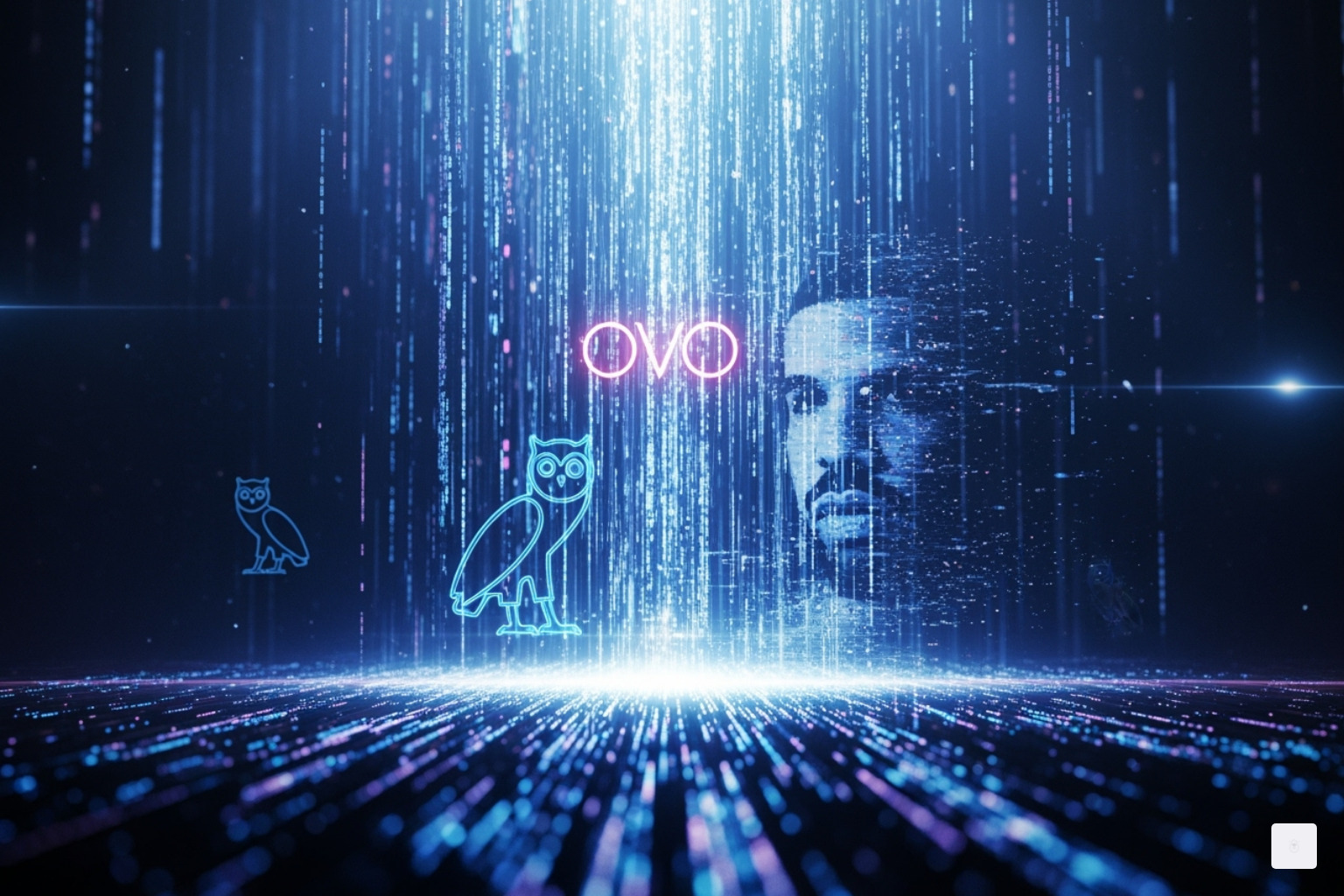
How Leaks Go Viral: The Platforms and the Players
When a Drake leak surfaces, watching it spread across the internet is like observing a perfectly orchestrated digital symphony. The speed is breathtaking – what starts as a whisper in one corner of the web becomes a roaring conversation everywhere else within hours.
The journey typically begins on platforms like X (formerly Twitter) and Reddit, where users share, dissect, and amplify content at lightning speed. These platforms act as the launching pads, but the real magic happens when online personalities and influencers get involved. Their massive followings can transform a contained incident into a global phenomenon with just a single post or comment.
The Social Media Domino Effect
The mechanics of how a Drake leak goes viral follow a predictable pattern that I’ve observed countless times from our media hub here in New York City. It starts innocently enough – maybe someone posts a cryptic tweet or shares a mysterious link on Reddit. Then the domino effect kicks in.
Twitter trends explode first. Hashtags related to the leak climb the trending topics faster than you can refresh your feed. Soon, Drake’s name is sitting alongside major news events, drawing curious clicks from people who have no idea what’s happening.
Memes and commentary follow immediately. Users create inside jokes, reaction videos, and hot takes that often become more entertaining than the original leak itself. This user-generated content spreads the story far beyond music fans to general pop culture enthusiasts.
Fan speculation reaches fever pitch as online communities turn into amateur detective agencies. Forums buzz with theories about authenticity, timing, and implications. While most of this detective work is unverified, it keeps the story alive and growing.
What amazes me is how a morning rumor in a niche forum becomes an afternoon headline that news outlets in New York City and beyond are scrambling to cover. The involvement of Drake’s inner circle – whether through official responses or casual interactions – often determines whether the leak fizzles out or explodes into a cultural moment.
The Viral Nature of the NSFW Drake Leak
The recent alleged NSFW Drake leak provided a masterclass in modern viral mechanics. The speed was remarkable, but what made it truly explosive was how different players amplified the story at crucial moments.
Influencer interaction proved to be the rocket fuel. When Adin Ross publicly discussed sending Drake a voice memo about the leak and claimed to receive laughing emoji responses, he essentially legitimized the buzz. This kind of celebrity-adjacent interaction transforms gossip into news, giving traditional media outlets something concrete to report on.
Public reaction was immediate and intense. Social media erupted with everything from shock to amusement to genuine concern about privacy. The conversation spread across platforms, age groups, and communities, creating the kind of cross-demographic buzz that advertisers dream about.
Media coverage sealed the deal. Once traditional outlets began reporting on why Drake was trending, the story achieved mainstream legitimacy. News anchors found themselves explaining internet drama to confused viewers, completing the journey from digital whisper to cultural phenomenon.
Here are 3 key moments in the NSFW leak’s viral spread:
- Initial Social Media Surge: The alleged video gained massive traction on X in early 2024, causing “Drake” to trend globally within hours
- Influencer Acknowledgment: Adin Ross’s public discussion of his interaction with Drake brought the story to millions of additional viewers
- Mainstream Media Pick-up: Major news outlets began covering the trending topic, changing internet gossip into legitimate news
The entire cycle – from leak to global conversation – took less than 24 hours. It’s a reminder of how quickly private moments can become public spectacles in our hyperconnected world.
The OVO Response: Strategy or Crisis Management?
When a Drake leak surfaces, it inevitably raises an intriguing question: Are we witnessing a genuine crisis that requires damage control, or is this all part of a carefully orchestrated marketing strategy? Having covered celebrity culture in New York City for decades, I’ve seen how the line between accident and intention can become surprisingly blurred.
Drake’s responses to leaks have been fascinatingly varied, revealing different strategies for different types of content. When music leaks plagued him around 2019-2020, he made a brilliant pivot by changing the leaked material into Dark Lane Demo Tapes. Instead of fighting the inevitable, he acceptd it and turned a potential disaster into a successful project.
The recent alleged NSFW video presented a completely different challenge. Drake’s initial public response was refreshingly lighthearted – reportedly sending laughing emojis to Adin Ross when asked about it. Yet behind this casual facade, his team was likely working overtime to contain the spread and protect his brand. This dual approach shows sophisticated crisis management: maintain a sense of humor publicly while taking serious action privately.
Is It All a Marketing Ploy?
The theory that some Drake leak incidents are intentional marketing moves isn’t far-fetched in today’s music industry. For an artist of Drake’s caliber, strategic leaks can serve multiple purposes that traditional marketing simply can’t achieve.
Strategic leaks allow artists to keep their names trending between official releases. When you’re as prolific as Drake, sitting on hundreds of unreleased tracks, a carefully timed leak can generate buzz without the full expense of a traditional rollout.
Gauging fan response becomes incredibly valuable through these unofficial releases. Think of it as beta testing for music – artists can see how fans react to new sounds or collaborations before committing to including them on major albums. This approach is particularly smart for someone who experiments as much as Drake does.
Building hype for upcoming albums through strategic leaks creates anticipation that money can’t buy. When fans feel they’re getting exclusive access to unreleased material, it builds a deeper connection and keeps them engaged.
Some Reddit users have even suggested that nothing escapes Drake’s camp without his approval, viewing almost every leak as calculated marketing. While we can’t confirm this, it highlights how sophisticated audiences have become about understanding celebrity strategy. In New York City’s media landscape, where I’ve watched countless publicity campaigns unfold, this level of strategic thinking wouldn’t surprise me at all.
Protecting the Brand: Security and Prevention
Despite any potential marketing benefits, many Drake leak incidents are genuine security breaches that pose real threats to both artistic control and personal privacy. The consequences extend far beyond lost revenue – they can fundamentally alter an artist’s creative timeline and public narrative.
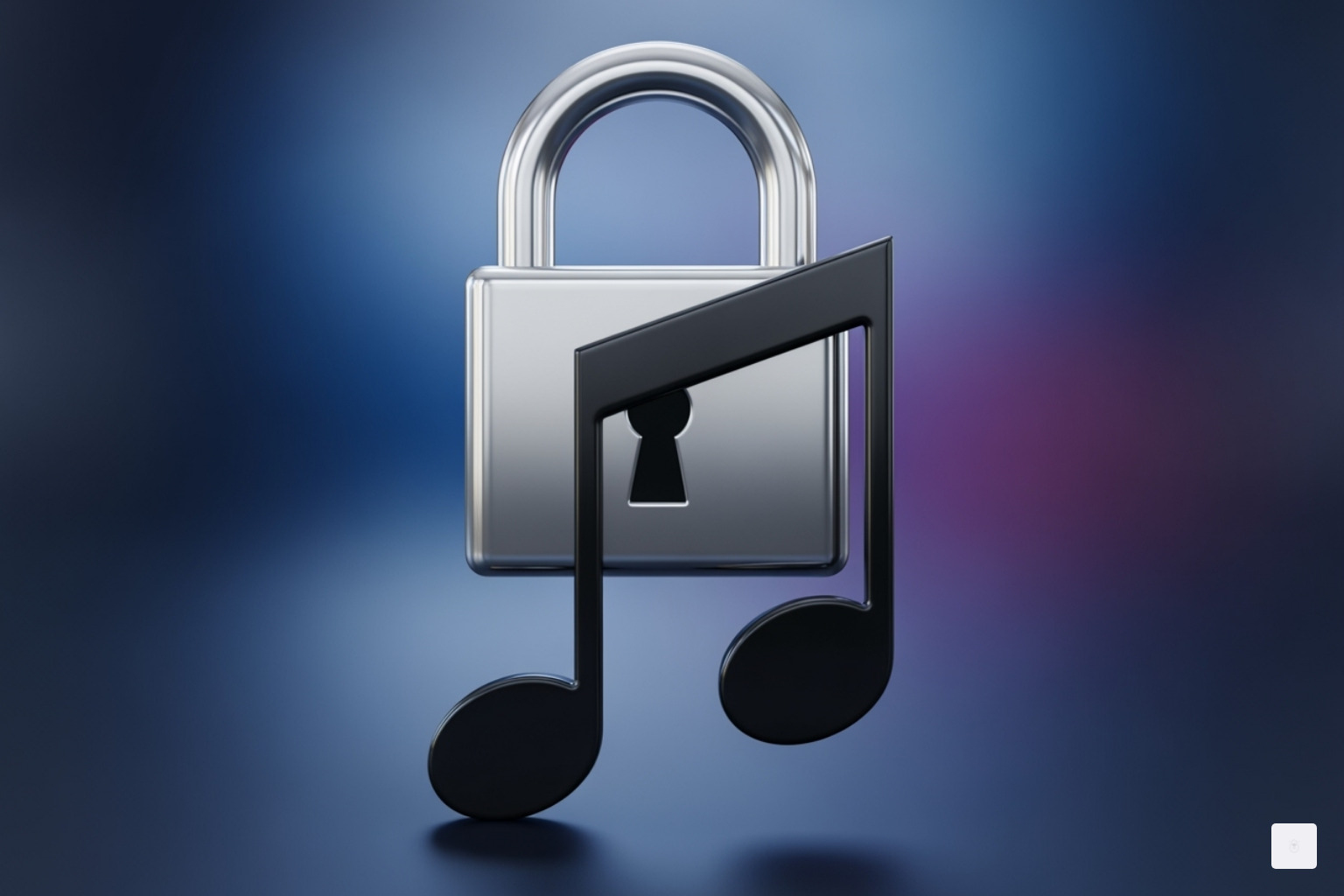
The legal implications are severe for anyone involved in unauthorized leaks. Cybersecurity has become as crucial as creative talent in protecting an artist’s work. Watermarking tracks and implementing strict access control measures are now standard practices, though determined hackers continue to find vulnerabilities.
The industry has had to evolve rapidly to address these challenges. Artists and their teams must now think like both creatives and cybersecurity experts, implementing multiple layers of protection while still maintaining the collaborative nature that great music requires.
Here are 4 measures artists can take to prevent future leaks:
- Robust Security Protocols – Advanced encryption and watermarking systems that limit access to only essential team members
- Regular Security Audits and Training – Ongoing education for everyone from producers to publicists about handling sensitive material
- Advanced Cybersecurity Technologies – Blockchain-based protection and distributed storage systems that make unauthorized access nearly impossible
- Innovative Release Strategies – Limited-time drops and exclusive fan experiences that reduce incentives for leaking by creating legitimate exclusivity
From my perspective covering high-profile personalities in New York City, the most successful artists are those who’ve learned to adapt quickly. Whether a Drake leak is strategic or accidental, the response reveals everything about an artist’s sophistication and their team’s capabilities.
Frequently Asked Questions about Drake Leaks
What was on the most recent Drake leak?
The most recent viral Drake leak wasn’t music at all – it was an alleged NSFW video that took social media by storm in early 2024. This incident created a massive buzz online, with people debating whether the content was real or potentially AI-generated using deepfake technology.
The contrast with previous leaks is striking. Historically, when we heard about a Drake leak, we expected unreleased tracks, demo recordings, or collaborations that hadn’t seen official release. These music leaks actually led to some fascinating releases, like the Dark Lane Demo Tapes compilation, which turned leaked material into an official project.
From my years covering celebrity culture in New York City, I’ve seen how quickly the nature of leaks has evolved. What once focused purely on artistic content now extends into deeply personal territory, raising serious questions about privacy in our digital age.
How did Drake react to the leaks?
Drake’s approach to handling leaks has been surprisingly strategic and varied. When it comes to music leaks, he’s shown remarkable adaptability. Rather than fighting the inevitable, he turned the Dark Lane Demo Tapes situation into a win, officially releasing tracks that had already surfaced online.
For the recent alleged NSFW video, his public response was notably lighthearted. Reports suggest he sent laughing emojis to streamer Adin Ross when asked about the incident, projecting an image of someone unbothered by the controversy. However, behind the scenes, his team was likely working overtime to remove the content from various platforms.
This dual approach – public humor combined with private damage control – reflects sophisticated crisis management. It’s the kind of strategic thinking you’d expect from a team operating at the highest levels of the entertainment industry, whether in New York City or beyond.
Are leaking an artist’s songs illegal?
Absolutely, and the consequences can be severe. Leaking unreleased music constitutes copyright infringement, which is a serious federal offense. The unauthorized distribution of an artist’s intellectual property violates their exclusive rights to control how and when their work reaches the public.
Those involved in leaking, distributing, or hosting copyrighted material without permission face substantial legal risks. This includes hefty financial penalties, lawsuits for damages, and court orders to remove content. The music industry doesn’t take these violations lightly – they actively pursue legal action to protect artists’ rights.
The legal framework exists for good reason. Artists invest enormous time, money, and creative energy into their work. A Drake leak might seem harmless to fans eager for new content, but it can disrupt carefully planned release strategies, affect album sales, and undermine the artist’s control over their own creative output.
Conclusion
The Drake leak phenomenon tells a fascinating story about fame in the digital age. From unreleased tracks that become surprise compilations to personal videos that spark global conversations, these incidents show us how quickly private moments can become public spectacles.
What strikes me most about covering these stories from our New York City newsroom is how dramatically the landscape has changed. A Drake leak used to mean excited fans sharing bootleg recordings. Now it encompasses everything from strategic music releases to deeply personal content that raises serious questions about privacy and consent.
The music industry has learned to adapt. Drake himself turned potential disasters into opportunities with projects like Dark Lane Demo Tapes. But the personal leaks present a different challenge entirely. They blur the line between what we’re entitled to know about celebrities and what should remain private.
The speed of viral spread never stops amazing us. A rumor that starts on Reddit at breakfast becomes a trending topic by lunch and international news by dinner. This acceleration means artists and their teams must be ready for crisis management at any moment.
For artists today, the Drake leak phenomenon serves as both warning and opportunity. Better security measures are essential, but so is the ability to pivot when things go wrong. The most successful celebrities have learned to respond with grace, humor, and strategic thinking.
As we continue covering celebrity culture and digital trends here in New York City, these incidents remind us that fame comes with unprecedented challenges. The line between public fascination and private life grows thinner each day. Understanding this evolution helps us better steer our relationship with celebrity culture in the modern world.
Find out more about our publicity services

